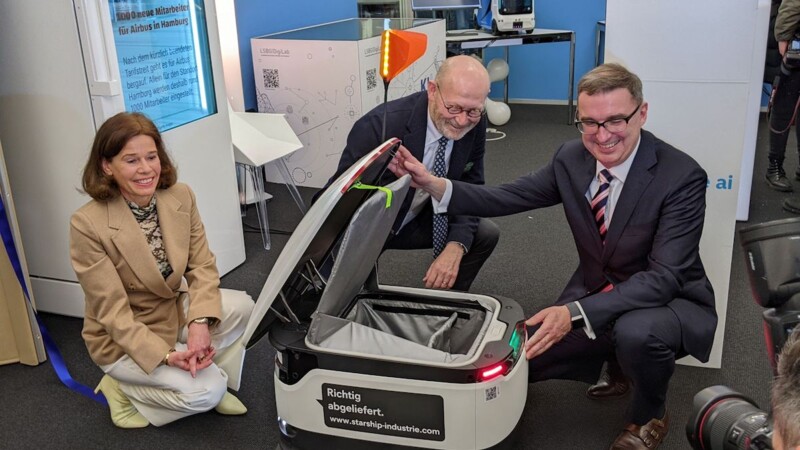Researchers at the Hamburg-Eppendorf University Medical Centre (UKE) are relying on assistance from artificial intelligence (AI) in treating patients with serious brain disease. It should be possible to detect neurological complications in intensive care patients up to 24 hours in advance by means of AI-based prognosis software developed at the UKE, the hospital has announced. More than 12 million data points from patients treated in the UKE intensive care unit in the past have gone into developing the prognosis software. The results of the study were published in the scientific journal “Brain”.
UKE: AI software for early identification of serious complications
“The risk that intracranial pressure rises in the initial hours following serious brain damage, is large and poses a challenge in diagnosis and adjusting therapy,” Prof Christian Gerloff, director at the Department of Neurology at the UKE, says. “The AI program developed by us allows us to identify critical situations at an early stage, when they are just starting, and not only once they have already materialised.” Serious complications can in this way be avoided in the future. Patient data, such as blood pressure, ventilation parameters, lab results, medication, body temperature, age, sex, height and weight have been input into the AI software. Further studies are currently being planned to investigate the direct clinical uses for the AI system.
tn/sb/rm
Sources and further information
More
Similar articles

UKE presents results of world's largest study on coronavirus

UKE expanding telemedicine to improve intensive care

Showroom for artificial intelligence opens in Hamburg
